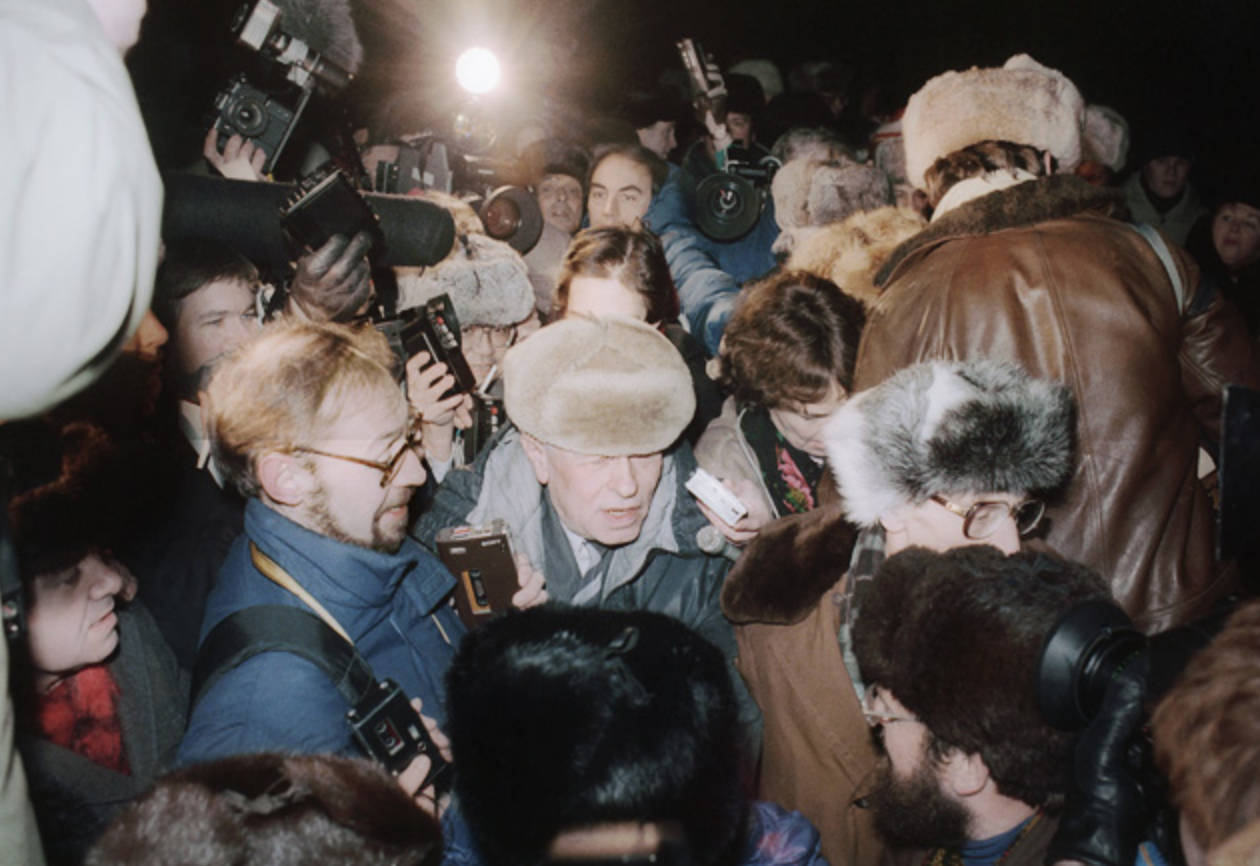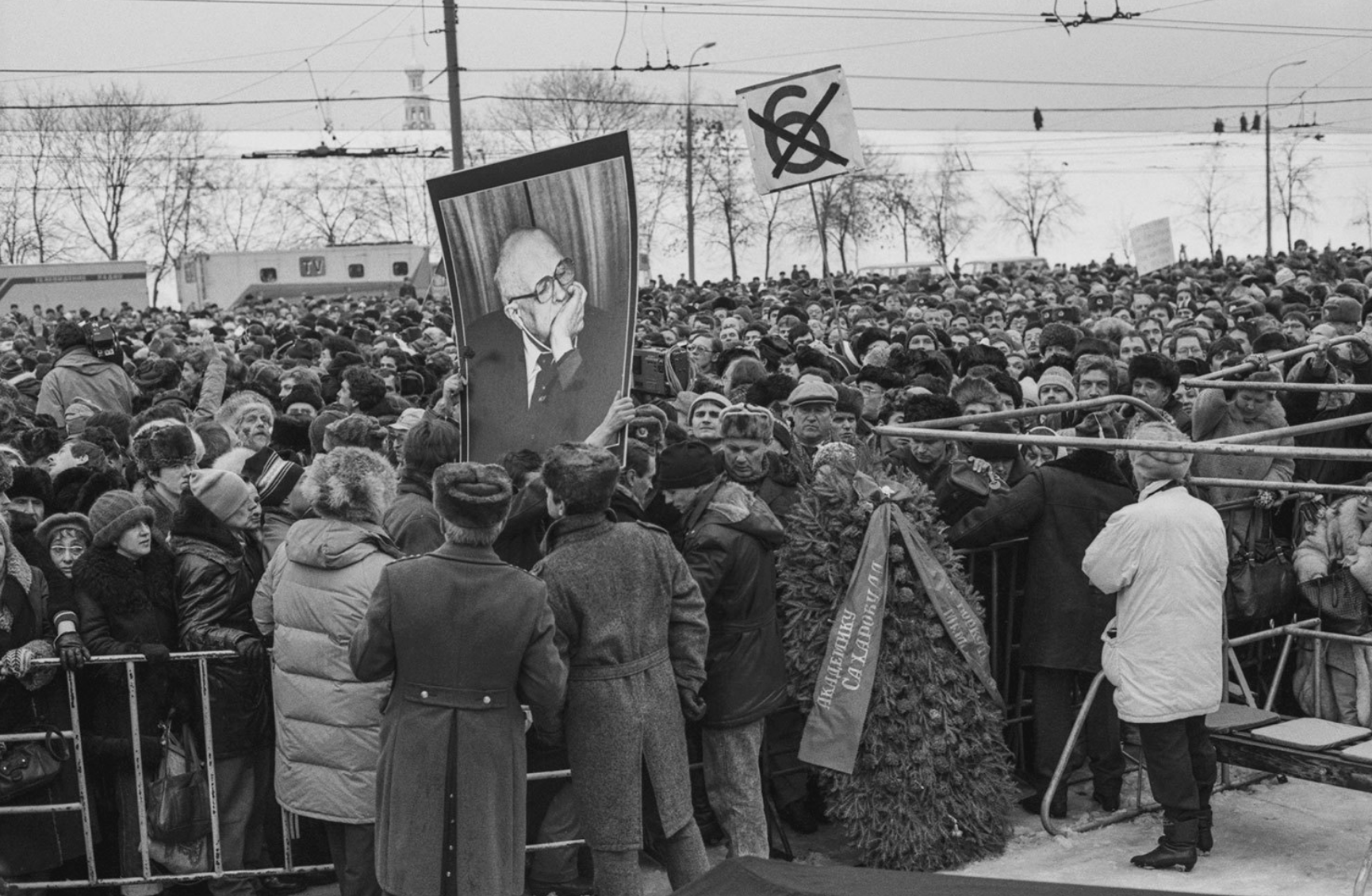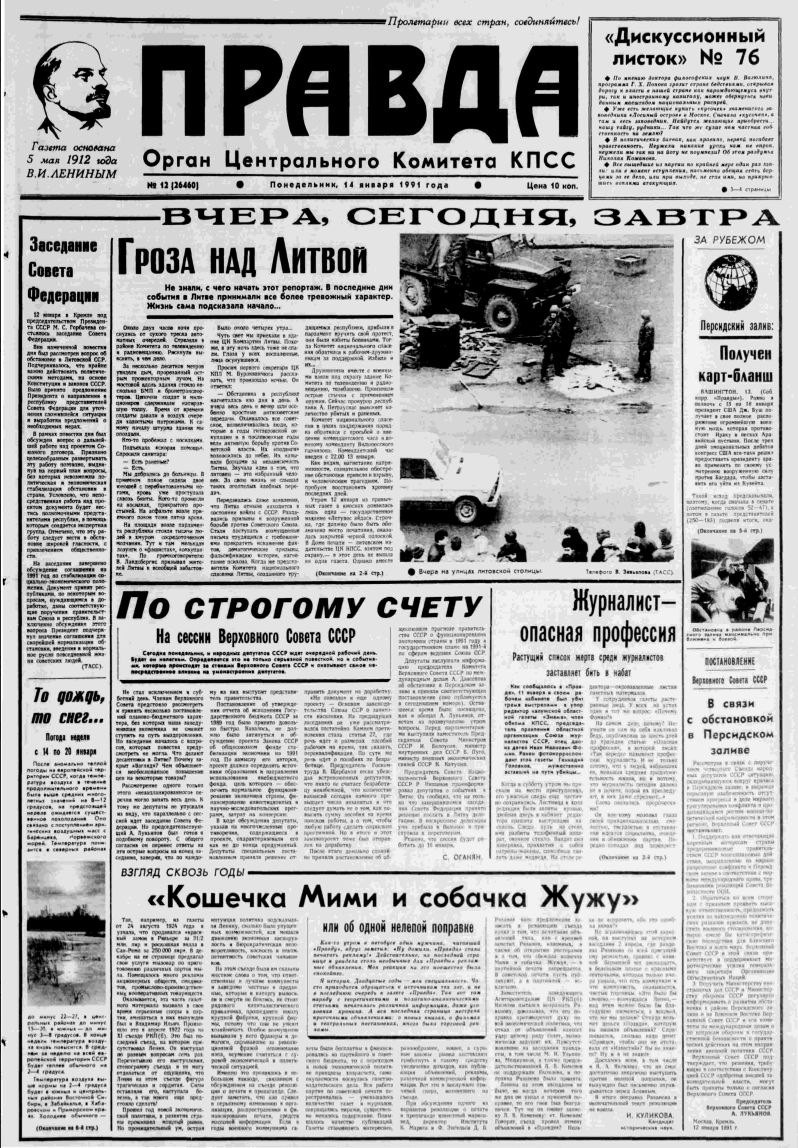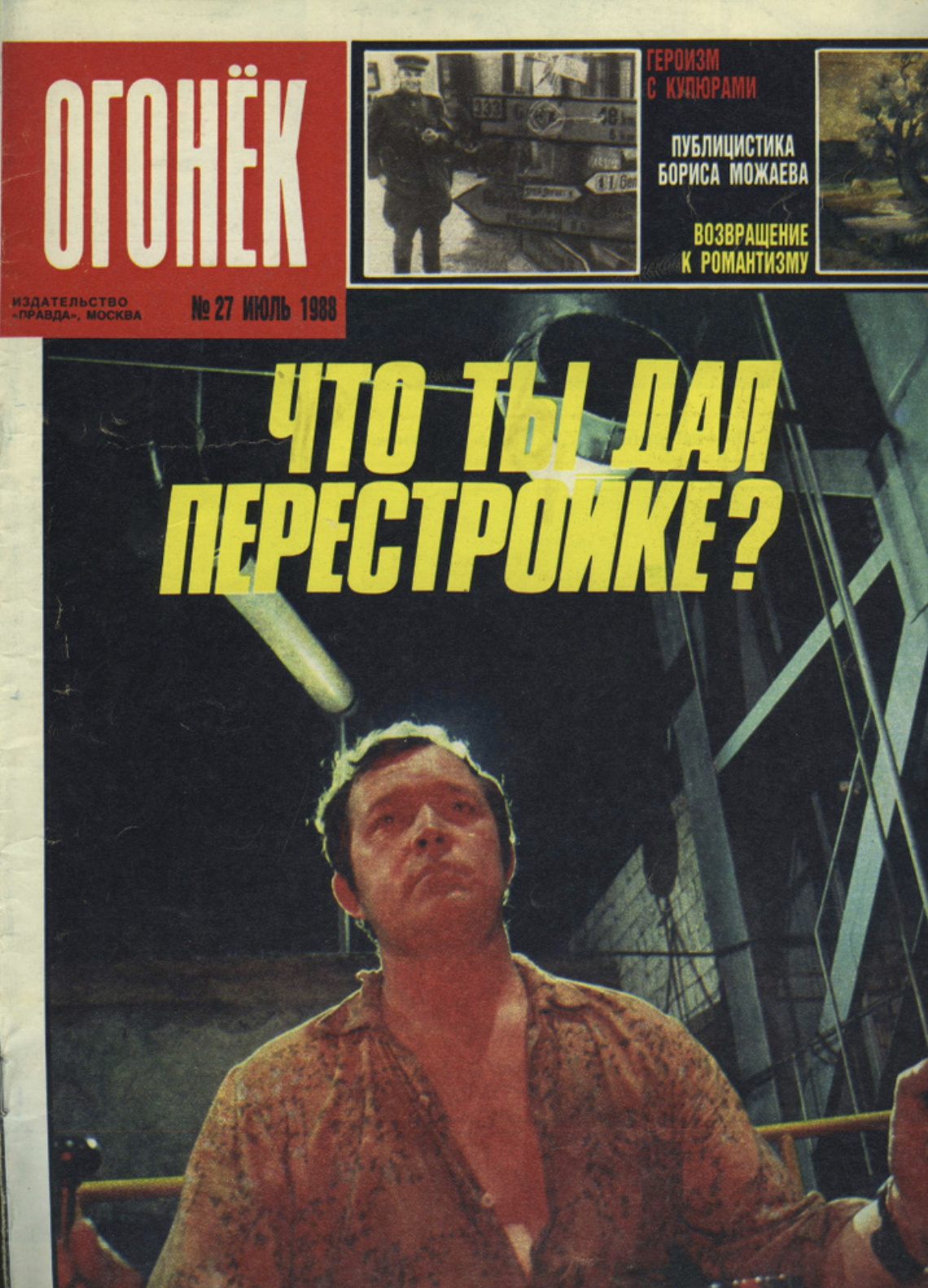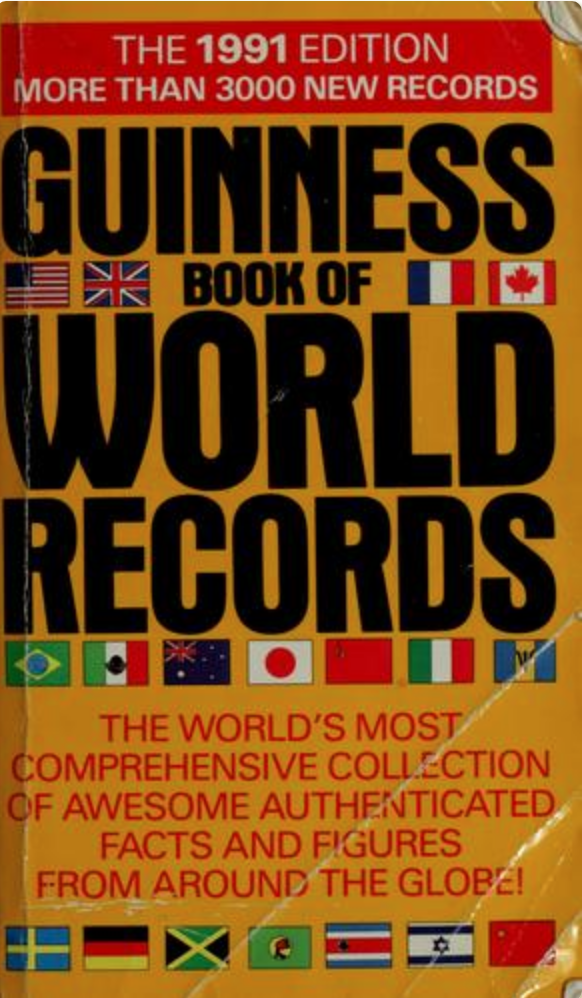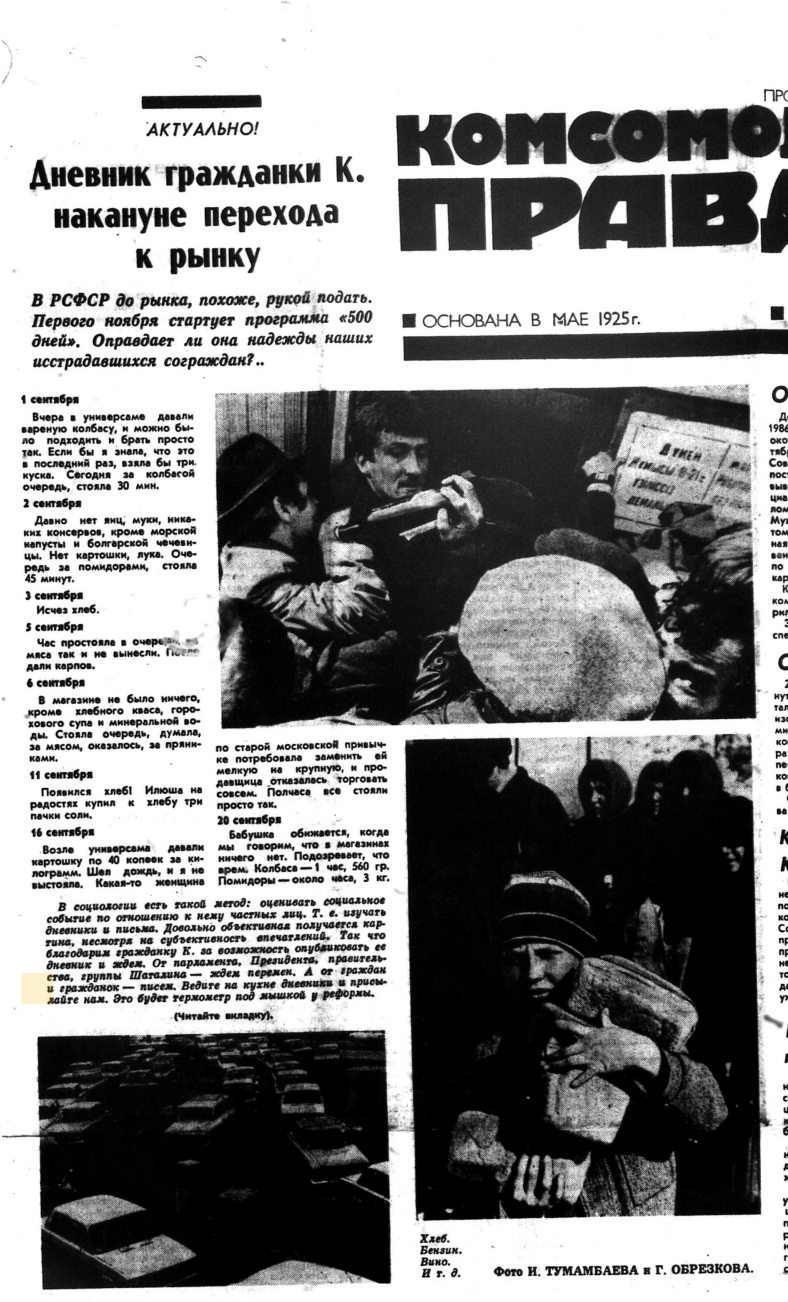Search Results
Search Terms
Results: Displaying Artifact 13 - 18 of 20 in total
Text Containing:
curator: Courtney Doucette
Page: 3
Sakharov returns from Gorky
The return from exile of physicist, dissident, and 1975 Nobel Peace Prize laureate Andrei Sakharov (1921-1989) was a media sensation—here emblematized in a photograph of reporters swarming him as he steps out of a car in Moscow. His return marked a powerful popular comeback for the renowned human rights activist who, despite years of official condemnation, received growing press support through perestroika until his death in 1989.
Death and funeral of Andrei Sakharov
Andrei Sakharov (1921-1989), a physicist and Nobel Peace Prize-winning dissident, returned to Moscow from internal exile in 1986. He quickly became one of the USSR's most popular and respected public figures, surpassing even Gorbachev in some polls. His sudden death in December 1989 drew tens of thousands of mourners, despite a muted official response.
Tanks in Lithuania
Coverage of Soviet tanks rolling into the Lithuanian capital of Vilnius in January 1991 from Pravda, the Russian Communist Party’s press organ since 1911.
"Program and Charter of the Leningrad Club of Friends of 'Ogonek'"
Formed in 1988, the Leningrad Club of Friends of Ogonek Magazine (KDO in Russian), exemplified perestroika-era grassroots media engagement. Soviet citizens supported and shaped the reformist stance of the magazine, in print from 1899 to 2020, amplifying its influence through growing circulation and reader involvement in editorial content.
"Komsomolskaya pravda" sets a Guinness World Record
In May 1990, the long-running Soviet newspaper “Komsomolskaya pravda” set a world record with nearly 22 million daily copies. This staggering total marked the peak of Soviet print media's reach before the 1990 Press Law shifted financial responsibility to outlets themselves, making such high print runs unsustainable.
Citizen K.'s "Kitchen Diary" in "Komsomolskaya Pravda"
This editorial call, published on 29 September 1990 in the daily “Komsomolskaya pravda” (1925-), asked readers to keep and submit "kitchen diaries" on shortages and price changes in their area as a way to track the progress (and deficiencies) of perestroika-era economic reforms.
